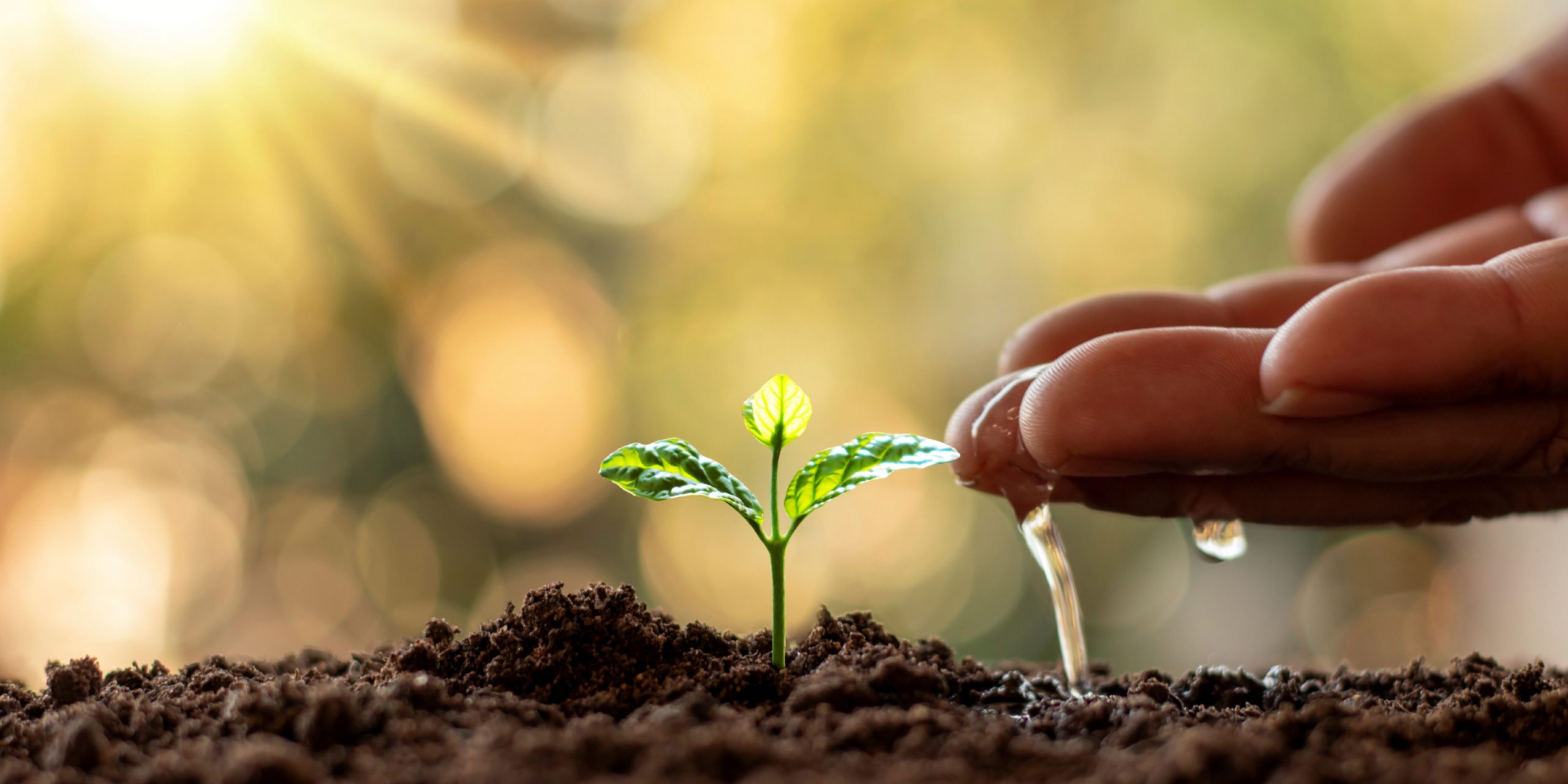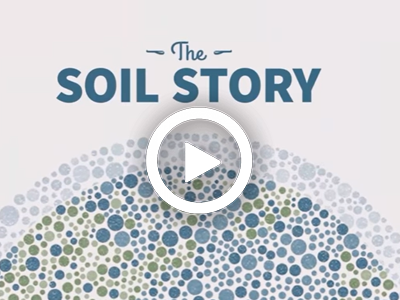Water Resources and Info
Residential Water Inspection Information
If you are interested in making changes to become more water efficient but don’t know where to start, request a free Residential Water Inspection. Broomfield, along with 22 Colorado communities, has partnered with Resource Central (RC) to help you learn where you are using water and how to use it more efficiently. Broomfield has contracted for a limited number of inspections that will be performed by RC on a first come, first served basis. Inspections may be scheduled online using the links below, or by contacting RC by phone at 303-999-3824.
Slow the Flow Colorado – Irrigation Inspections
Many irrigation systems can benefit from simple changes, such as repairing or adjusting sprinkler heads, ensuring appropriate operating pressure, and implementing appropriate water schedules. Increasing irrigation system efficiency and learning about best management practices has many benefits for you, the community, and the environment. It can reduce the demand for water during peak service hours and help avoid unnecessary costs to the water system. It can save you money and provide knowledge to cultivate a healthier landscape. The amount of runoff associated with inefficient irrigation and improper watering practices can be significantly reduced. This helps avoid damage to sidewalks and streets and also results in improved stormwater quality. This inspection is free and open to all customer classes: residential, commercial, and industrial. As part of the free inspection, RC can do an analysis of your last 12-14 months of water use data. The data may show where there is potential for water savings. If you request an inspection, RC will ask you to sign a release to allow the city to provide these records.
Request a Residential Irrigation Inspection or call Resource Central at 303-999-3824.
Maintaining Fertility for Your Lawn & Minimizing Watering Needs

“In maintaining the fertility of our lawns, there is no need for synthetic fertilizers. Synthetic fertilizers supply a lawn with nitrogen, phosphorus, and potassium (“N-P-K”) – the three basic nutrients plants need to survive – which then gives the plant little incentive to grow deep roots, and to produce sugar to exchange with soil microbes for the soil’s own storehouse of nutrients. The result is that chemical fertilizers make your lawn and other plants dependent on them, and dependent on frequent watering because of the resulting shallow, undeveloped root system.
In comparison to N-P-K synthetic fertilizers, compost contains only small amounts of nitrogen, phosphorus, and potassium. It’s classified as a “soil amendment” rather than a fertilizer for that reason. What compost does contain is a micro-universe of beneficial soil microorganisms, and well-decomposed organic matter to feed them. Rather than the jolt of bright green that you might get from a fertilizer, compost slowly releases plant-available nutrients over time – years, in fact.

The result of applying compost rather than synthetic fertilizer is that not only does grass grow deeper roots, but the soil reaches a new level of microbial life and stays that way for a long time, which makes your lawn much more resilient to scalding summer sun. Compost also creates a spongy soil able to soak up water that might otherwise run off, while at the same time opens up any hardpan (a hardened layer) to allow water to infiltrate deeper into the soil.

One final tip: Leave grass clippings on your lawn. Clippings will quickly decompose on healthy, living soil, providing more organic matter food for your soil microbes.”
WATCH: The Soil Story
The Soil Story is an engaging short video that examines important connections between soil, farming, compost, and the carbon cycle on Earth. Pashon Murray of Detroit Dirt narrates this story of soil,
Your Role in Protecting Our Watersheds
– Kill your Kentucky Bluegrass. Swap out your lawn for low-water plants.
– Lean on your community leaders (HOAs to federal government).
– Fix broken sprinkler heads.
– CYCLE-SOAK – 9 or 15 minutes twice in the middle of the night.
– Fix leaks in your home. (monumental bills)
– Buy water efficient fixtures.
– Pick up poop and litter – Drains to creek!
– Use a public carwash that recycles water – Drains to creek!
– Dispose of chemicals correctly. Don’t just pour down drain or into sewer!
– Reduce or quit use of sidewalk salt.
– Test your soil. Phosphate-free fertilizer. Apply at the right time!



